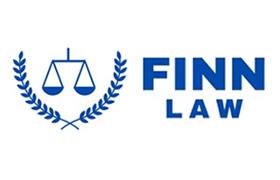Galway Felony Lawyer, New York, page 2
Sponsored Law Firm
-
 x
x

Click For More Info:
-
Finn Law Offices
12 Sheridan Ave. Albany, NY 12207» view mapAccident & Injury and Criminal Defense Action-Oriented Legal Advocacy
At Finn Law Offices, our attorney relies upon his experience and dedication to protect your rights in a personal injury, employment law, criminal defense or civil rights case.
800-872-6030
Not enough matches for Galway Felony lawyer.
Below are all Galway Criminal lawyers.
James S. Daly
Divorce & Family Law, Estate, Real Estate, Criminal
Status: In Good Standing Licensed: 40 Years
John P. Coseo
Litigation, Criminal, Personal Injury, Medical Malpractice
Status: In Good Standing Licensed: 50 Years
John L. McMahon
Litigation, Estate Planning, Family Law, Criminal
Status: In Good Standing Licensed: 69 Years
Joseph L Litz
Criminal, Contract, Business Organization, Bankruptcy
Status: In Good Standing Licensed: 40 Years
Mark Douglas Witecki
International, Trusts, Gift Taxation, Criminal
Status: In Good Standing Licensed: 13 Years
Karen Renee Crandall
Accident & Injury, Criminal, Divorce & Family Law, Divorce
Status: In Good Standing Licensed: 38 Years
Brian D. Mercy
Traffic, DUI-DWI, Criminal, Consumer Rights, Discrimination
Status: In Good Standing Licensed: 24 Years
Ronald P. Deangelus
Estate Planning, Family Law, DUI-DWI, Criminal
Status: In Good Standing Licensed: 65 Years
 Ryan M. Finn Albany, NY
Ryan M. Finn Albany, NY AboutFinn Law Offices
AboutFinn Law Offices
